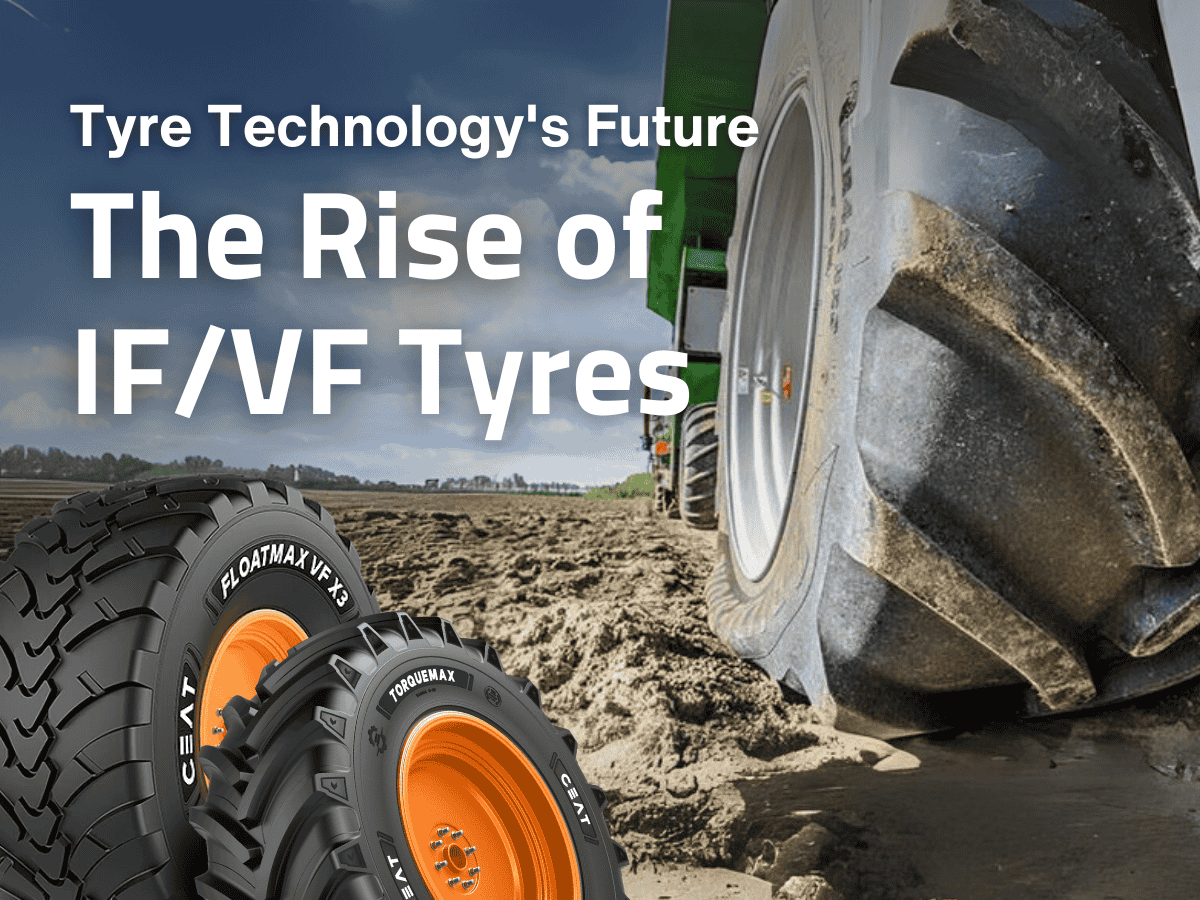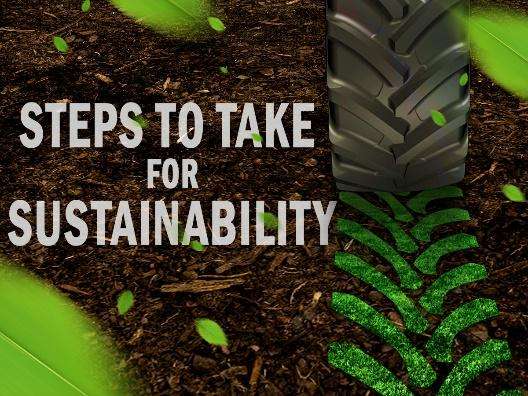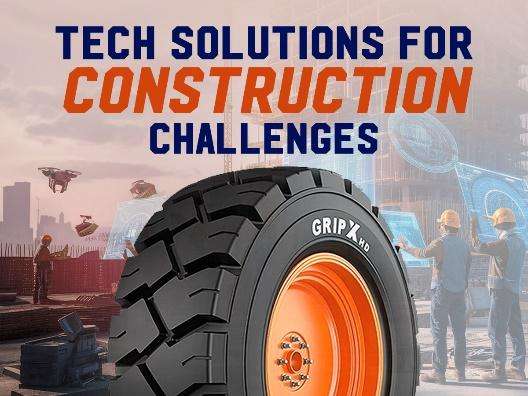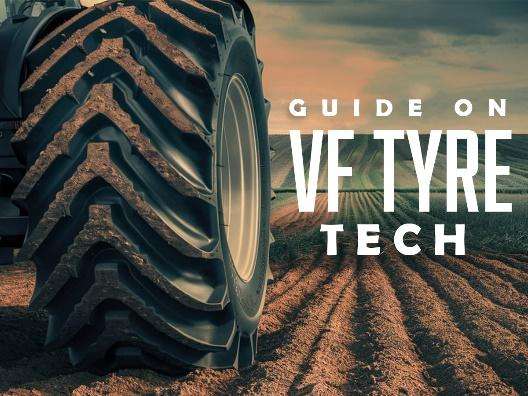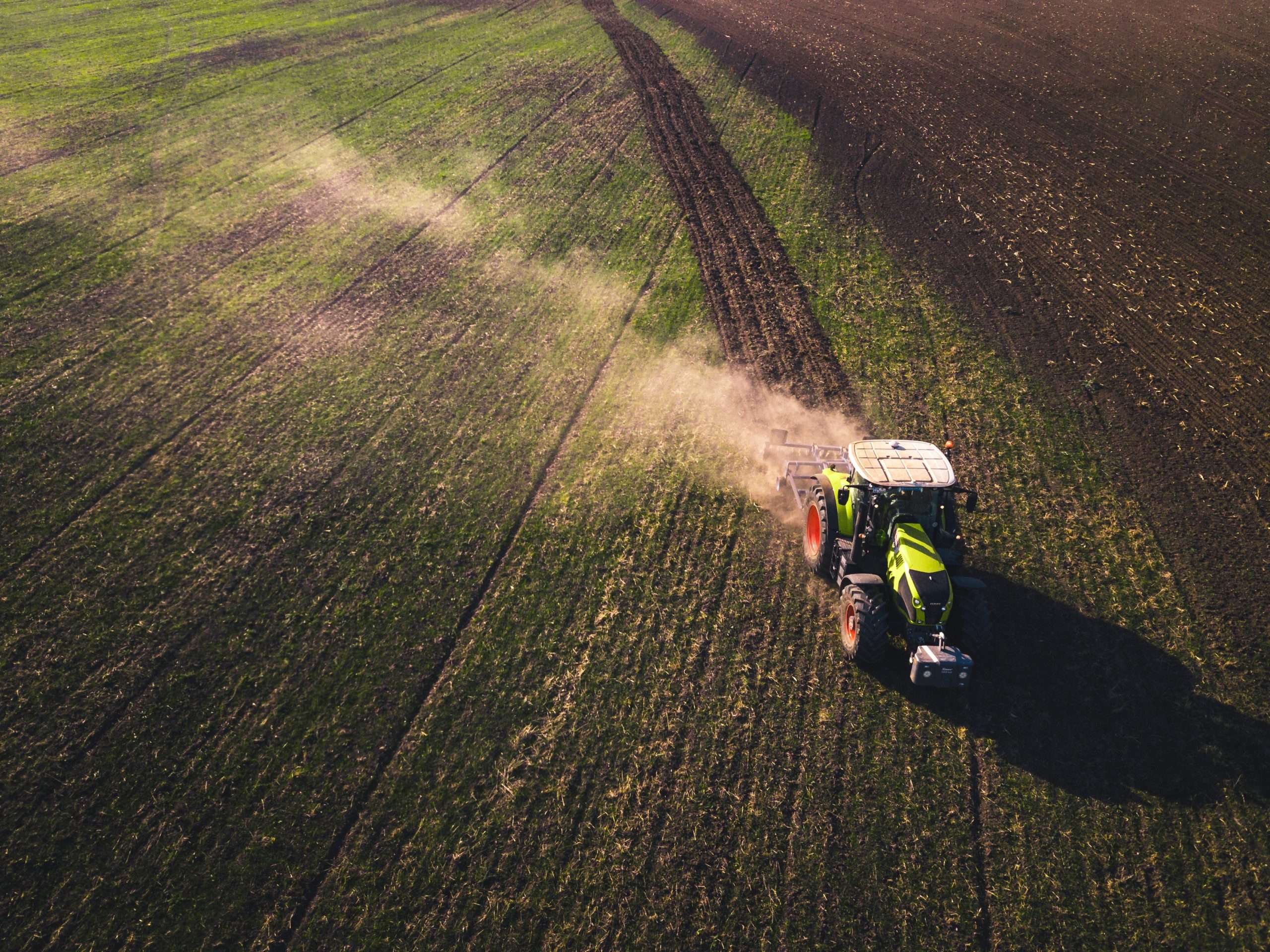ceat-speciality:blogs-tags/all,ceat-speciality:blogs-tags/technology
Understanding VF Technology and Agricultural Tyres: What are the Essential Insights for UK Farmers?
Thu, 14 Sep 2023 | PRODUCTS
Each decision counts in the extensive tapestry of agriculture, where the earth meets the horizon. From the seeds sown to the machinery chosen, every element in a farmer’s toolkit plays a vital role in shaping the harvest. Nevertheless, the tyre is a frequently disregarded yet potent force capable of reshaping agricultural terrains. Enter VF (Very High Flexion) technology, a marvel of innovation that has breathed new life into the farm tyre industry, gifting UK farmers a treasure trove of benefits that were, until recently, the stuff of dreams. In this blog, we embark on a journey into the heart of VF technology, uncovering its transformative impact on agricultural tyres. Get ready, UK farmers, as we unearth the essential insights that will empower you to make tyre choices that can redefine the way you cultivate, yielding crops and a harvest of efficiency and sustainability.
Exploring VF Technology: An In-Depth Look
VF technology represents a significant advancement in agricultural tyre design. At its core, VF technology allows tyres to operate at lower inflation pressures than conventional tyres while carrying the same load. This innovative approach ensures a larger footprint on the ground, leading to improved traction, reduced soil compaction, and enhanced flotation.
Key Benefits:
Improved Traction: VF tyres provide excellent grip on various terrains, enhancing the performance of your farming equipment.
Reduced Soil Compaction: Lower inflation pressures distribute the weight of the equipment over a larger surface area, minimizing soil compaction, which is crucial for soil health and crop yield.
Enhanced Flotation: VF tyres help heavy machinery stay afloat on soft ground, preventing rutting and damage to the field.
Understanding Load-Carrying Capacity
One of the significant advantages of VF technology is its ability to carry heavy loads at lower pressures. This allows farmers to maximize their equipment’s efficiency without causing undue stress to the soil. When selecting VF tyres, it’s essential to consider the load index and speed rating, ensuring they match your equipment’s requirements.
Choosing the Right Tyre Size
Select the right tyre size for your equipment to harness the VF technology’s benefits fully. Consult your equipment manufacturer’s recommendations and consider factors such as soil conditions, machinery weight, and the specific tasks your equipment will perform.
Proper Inflation Management
While VF technology allows for lower inflation pressures, manage inflation carefully. Regularly check and adjust tyre pressures to maintain the optimal balance between load-bearing capacity and soil protection. Under-inflation can lead to reduced performance, while over-inflation may negate the benefits of VF technology.
VF Technology and Fuel Efficiency
VF tyres can also contribute to improved fuel efficiency in your farming operations. The larger footprint and reduced rolling resistance of VF tyres can lead to lower fuel consumption, ultimately reducing your operational costs.
Maintenance and Longevity
To ensure the longevity of your VF tyres, follow proper maintenance practices. Regularly inspect for damage, punctures, and wear, and replace tyres. Suitable storage conditions, such as avoiding exposure to direct sunlight and extreme temperatures, can also extend the lifespan of your tyres.
Understanding VF technology and its implications for Agri tyres is essential for UK farmers looking to enhance their farming operations. Make informed decisions when selecting Ag tyres, considering load-carrying capacity, tyre size, inflation management, and maintenance practices. Embracing VF technology can increase productivity and long-term sustainability in your farming endeavors.



